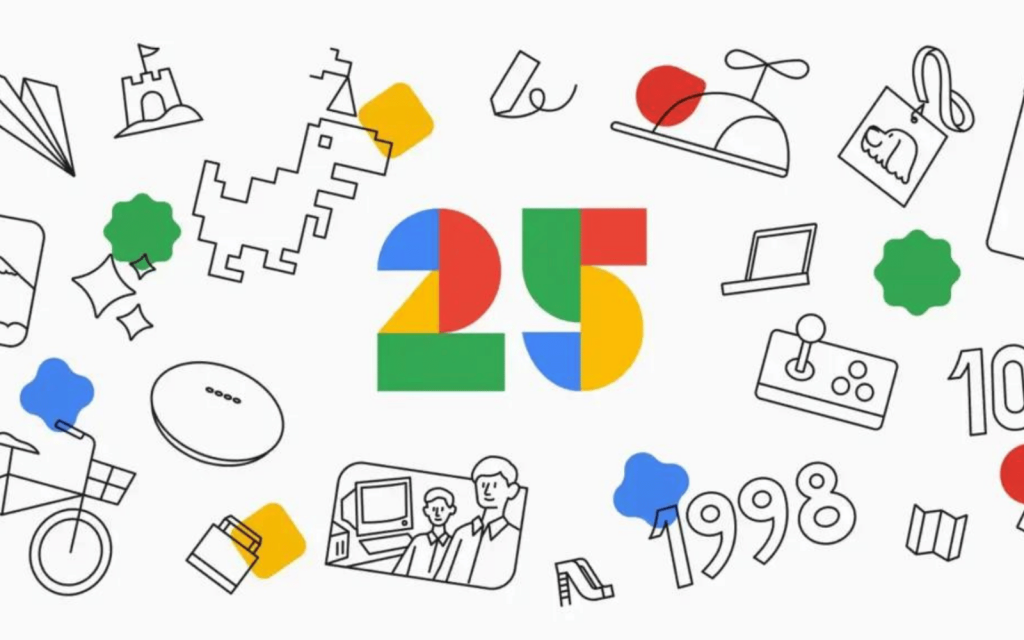It wasn’t a happy 25th birthday for Google, the search giant and now Android maker, which went on trial last week for monopolising the online search industry.
Initially filed in 2020, the US Justice Department sued Google in the most consequential attempt by competition authorities to unravel the immense power of Big Tech. The last time this sort of antitrust case was in play was 20 years ago against Microsoft, the then-mightiest power in the computing industry. Now, Windows is a division of its Azure cloud computing division, which is second to Amazon Web Services in size. Microsoft’s own search engine, Bing, is a very distant also-ran to the search engine – but is getting a new lease on life through the Seattle-based firm’s investment in OpenAI and its ChatGPT generative artificial intelligence (AI) software. It’s amazing what $10 billion will get you.
“Google isn’t a first-time offender”
Microsoft’s competitive advantage of owning the desktop operating system is a thing of the now-distant past, with Google taking over that mantle for mobile. Its Android operating system now runs on over 90% of smartphones – and its Play Store for apps is the subject of a number of anticompetition lawsuits. The case is the biggest attempt since that Microsoft lawsuit, for the now seemingly quaint crime of using its Windows dominance to squash then nascent browser Netscape. Yeah, that long ago.
Brought forward by the US Department of Justice (DOJ) and several States’ attorneys-general, they argue Google stifled innovation and therefore cost consumers more. There are two major issues they are being sued over. The first is that Google broke antitrust laws by locking browser makers – read Apple and its Safari browser – into using its services.
In 2020, when the lawsuit was filed, Google paid Apple $12 billion for search exclusivity on iPhones and iPads – which was a “significant revenue channel,” according to a Google document that the DOJ quoted. The search giant’s own estimates calculated that half of its search in 2019 came from Apple’s devices. This has since grown to $15 billion in 2021 and $20 billion in 2022, according to Bernstein analyst Toni Sacconaghi. Talk about state capture.
The other important aspect the lawsuit raised is how Google pressurises smartphone manufacturers to preload its apps, as well as its services (including the Play Store, Maps, Photos, Drive and Docs). An Android phone running the so-called Google Mobile Services plugs straight back into its services, along with all the juicy personal and location data it’s so desperate to lay hands on. Previous lawsuits have argued Google continued to track users even after they opted out and, in some cases, even after they had done a factory reset on their devices. Google is not a first-time offender.
The phrase surveillance capitalism was literally created to describe its business model – as well as Facebook’s.
Google is going to have a hard time arguing against either of these – because, well, they did exactly that. All that is actually in contention is whether monopolistic control is good or bad for innovation and consumer rights. The answer is clearly no. No monopoly is good for anything. Just ask the ANC about governance.
- This article was first published in the Financial Mail





1 Comment
“Its Android operating system now runs on over 90% of smartphones” and “ The search giant’s own estimates calculated that half of its search in 2019 came from Apple’s devices”
How can both of these statements be true?